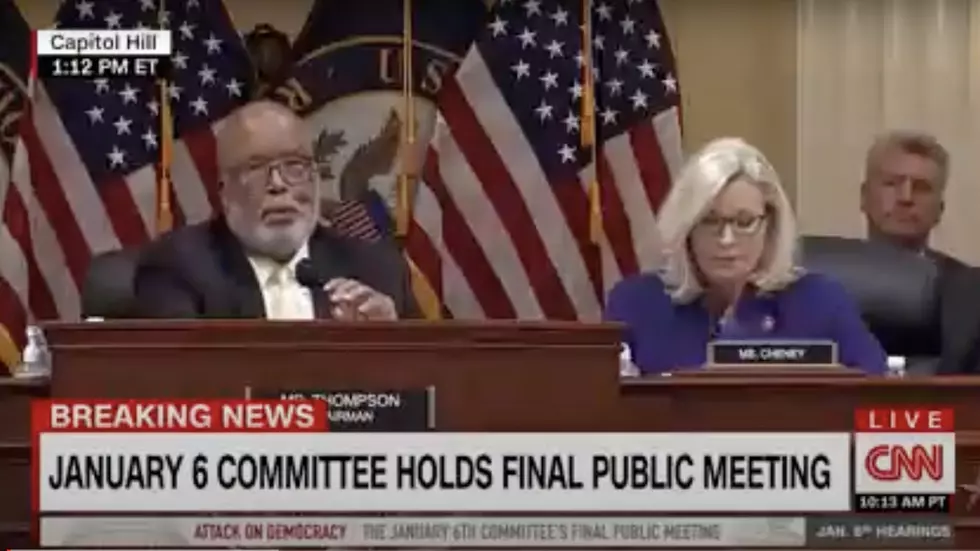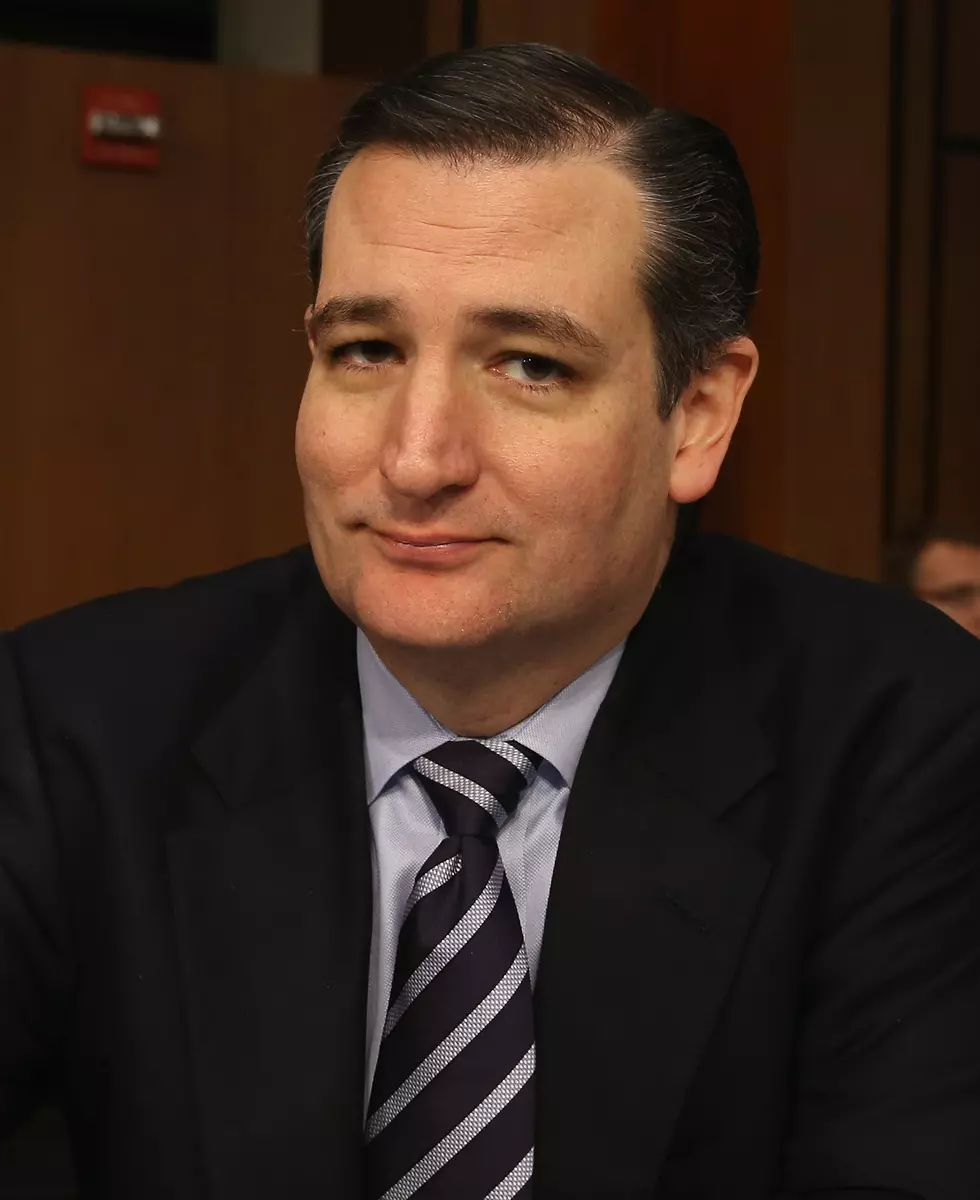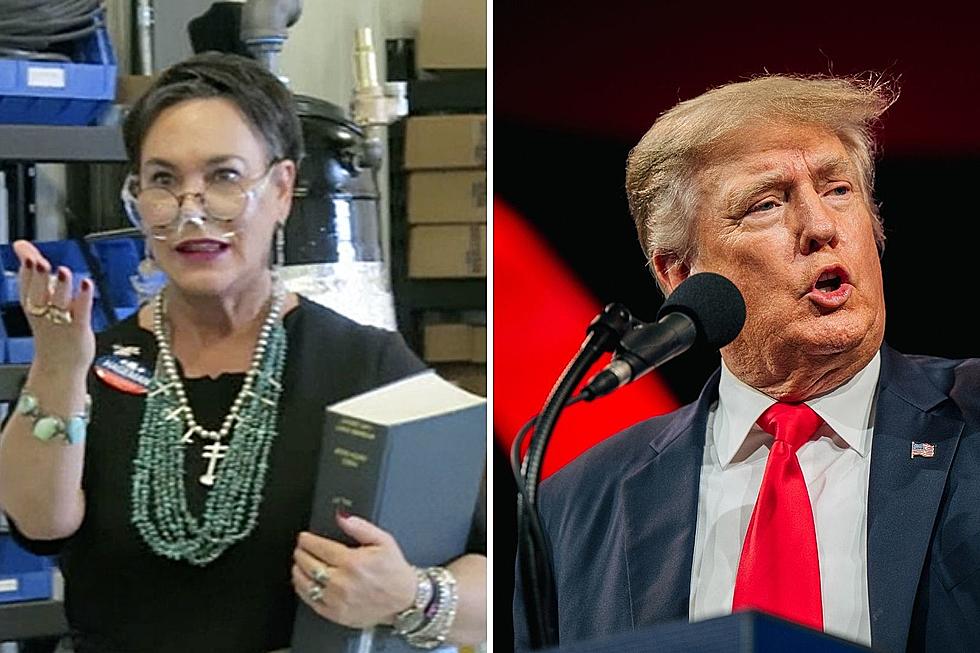
Wyoming Delegation Says Trump Travel Ban Okay, But Should Not Single Out Any Religion
Wyoming's all-Republican delegation issued statements mixed with praise and caution about President Donald Trump's executive order temporarily banning travel from seven countries where Muslims are a majority.
During the signing of the order, Trump said, "I am establishing new vetting measures to keep radical Islamic terrorists out of the United States of America."
Sens. Mike Enzi and John Barrasso, and Rep. Liz Cheney agreed with Trump's request for a more thorough vetting process, even though a rigorous one is already in place.
The order was met with worldwide protests with many people denouncing it as a veiled attack on Islam more than a national security issue. For example, it does not affect Saudi Arabia, home to most of the terrorists who attacked the United States on Sept. 11, 2001. On the other hand, the ban does not affect Indonesia, the world's largest Muslim nation.
The Wyoming delegation's responses echoed concerns about singling out specific religions.
Cheney's spokeswoman Amy Edmonds issued this statement: “We know ISIS and other terrorist organizations have used the refugee programs to infiltrate and attack the West. President Trump’s Executive Order temporarily halts these programs since we do not have the ability to effectively vet refugees. As the Executive Order is implemented, we must ensure we don’t prohibit entry for people who are being persecuted for their religious beliefs or who supported and worked with America’s armed forces.”
Barrasso's spokeswoman issued this statement: "America has long needed to tighten the vetting process for those seeking to come here. However, a religious test or ban is against everything our country stands for. We need to remember that some of our best sources of information that keeps our nation and our troops safe comes from our Muslim friends and allies."
Enzi's spokesman Max D'Onofrio issued this statement: "Sen. Enzi believes we should ensure that our country has proper safeguards on our vetting process for those wishing to come to the United States. It is important, however, that we input any such changes with clarity for all of those who are involved. We need to be careful to insure that we're not restricting entry for individuals on religious grounds or for our friends from other countries who help support our nation and troops overseas."
Trump's executive order asked for uniform screening standards for all immigration programs with a multi-agency program to better vet prospective immigrants.
However, those who want to immigrate to the United States, especially Syrian refugees, must undergo a lengthy if not arduous process lasting up to two years, according to the Department of Homeland Security, U.S. Citizenship and Immigration Services.
A Dec. 21, 2015, article published by the Heritage Foundation outlined many of the agencies involved in the refugee immigration process:
- State Department -- Consular Lookout and Support System, Consular Consolidated Database.
- Department of Homeland Security -- TECS (a DHS security system); DHS Automated Biometric Identification System.
- National Counterterrorism Center/FBI's Terrorist Screening Center -- Terrorist Identities Datamart Environment, Terrorist Screening Database.
- Federal Bureau of Investigation -- Extracts of the National Crime Information Center's Wanted Persons File, Immigration Violator File, Foreign Fugitive File, Violent Gang and Terrorist Organization File (and the Interstate Identification Index), Integrated Automated Fingerprint Identification System / Next Generation Identification; Interpol; Drug Enforcement Administration.
- Department of Defense -- Automated Biometric Identification System.
"In addition, the refugee process requires a security advisory opinion to be completed by the FBI and the intelligence community on many refugee applicants who are considered higher risk. Similarly, interagency checks are constantly being done in connection with a wide range of U.S. agencies."
More From Y95 Country









